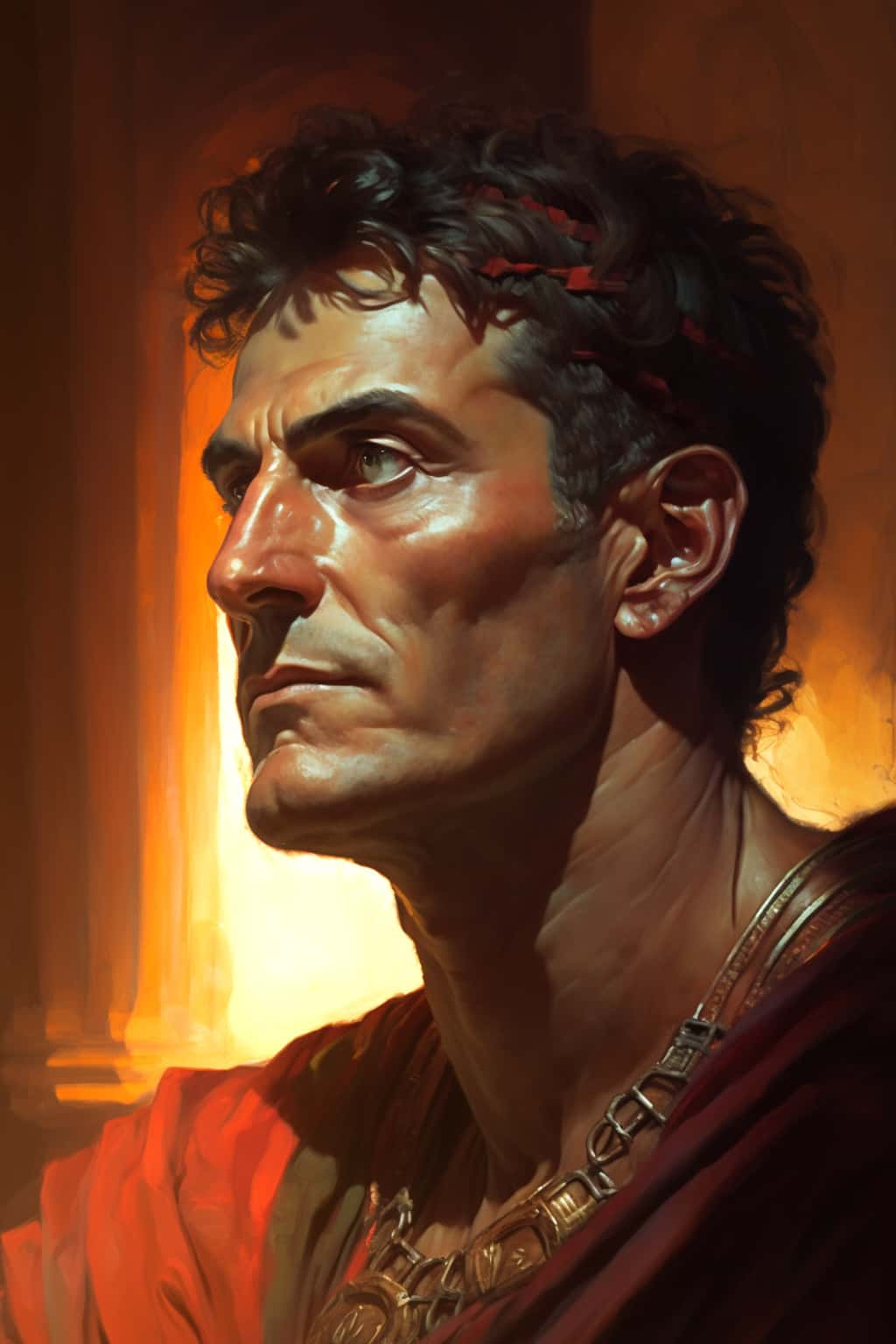Discover Jesus \ Person \Tiberius
Tag
Tiberius
Tiberius, a Roman emperor, was impressed by Jesus' leadership during their meeting in Rome, noting his "kingly bearing." Tiberius' authority over Pilate influenced Pilate's decision to follow the Sanhedrin's demand to execute Jesus.

Table of Contents
Summary
Tiberius was a Roman emperor who met Jesus and could see that Jesus was a great leader. During their meeting in Rome, Jesus served as a translator for an Indian businessman, impressing Tiberius so much that the emperor remarked on Jesus' "kingly bearing and gracious manner." Tiberius was also Pontius Pilate's superior, and it was Pilate's fear of losing his governorship that helped sway him to obey the Sanhedrin's demand to have Jesus killed. This fear of Tiberius would ultimately prove well-founded, as Pilate was later deposed for the needless slaughter of Samaritans. However, Tiberius died before Pilate reached Rome to answer for his actions.
The Emperor Tiberius
Tiberius Julius Caesar Augustus was the Roman emperor from 11 CE to 36 CE. He co-ruled with his stepfather Augustus for two and one-half years until the death of Augustus in 14 CE. Tiberius had proved himself to be an able diplomat and a highly successful Roman general before being made emperor.
Jesus met Tiberius during his two-year tour of the Mediterranean region from 22 to 23 CE. Jesus served as a translator and tutor to an Indian international businessman, Gonod, and his son Ganid. They stayed in Rome for six months. Since Gonod carried greetings from the princes of India to Tiberius, they had an audience with the emperor on their third day in Rome. The usually morose ruler was happy that day and chatted long with the three. After they left, Tiberius remarked to his aide concerning Jesus, "If I had that fellow’s kingly bearing and gracious manner, I would be a real emperor, eh?"
In 26 CE, Pontius Pilate began his rule as governor of Judea under the leadership of Tiberius, but it was not an ideal place to govern for various reasons. The Jews were troublesome, wanting their freedom and willing to fight for it. An eminent governor was needed. Pontius Pilate was reasonably competent; however, Pilate was always afraid that Tiberius would dismiss him. The Jews used this as leverage to control his hand.
When the religious leaders threatened a riot if Pilate didn't put Jesus to death, he did as he was told and put him to death. Pilate ruled for ten years and was later deposed because of an incident that involved the needless slaughter of Samaritans. As a result of this episode, he was called to Rome, and on his way, Tiberius died. Finding no favor in the eyes of the new emperor who succeeded Tiberius, Pilate retired to the province of Lausanne, where he subsequently committed suicide.
Suggested Reading from this Essay

Timeline
Related Topics
Jesus' Tour of the Mediterranean World
A journey kept secret that lasted close to two years.
Influence and Rule of the Roman Empire
The Roman Empire enabled Christianity's spread across nations.
Contributors
Gregg Tomusko, Mike Robinson, Gary Tonge
